
wildE events
Check out our upcoming webinars, conferences and events to learn about the latest research on climate-smart rewilding as a nature-based solution to biodiversity loss and climate change.

Rewilding, Disturbance and Biodiversity Part 2: Rewilding impacts on biodiversity
In this Green Shoots 2-part webinar series, 5 early career researchers from CREAF will present their work on the role of disturbance in rewilding, and the impact of rewilding on biodiversity.
In part two, Tristan Bakx and Gabriel Miret will share their research on how we can understand biodiversity impacts and how we can monitor and predict change in biodiversity.

Towards climate-smart rewilding: an integrated framework for biodiversity, climate change and society
In our upcoming Green Shoots webinar, Gavin Stark and Magali Weissgerber will present their work developing an integrated framework for climate-smart rewilding. This framework combines biodiversity, climate change, and socio-economic factors to maximize the ecological and societal benefits of rewilding while minimizing risks, with examples from Europe.
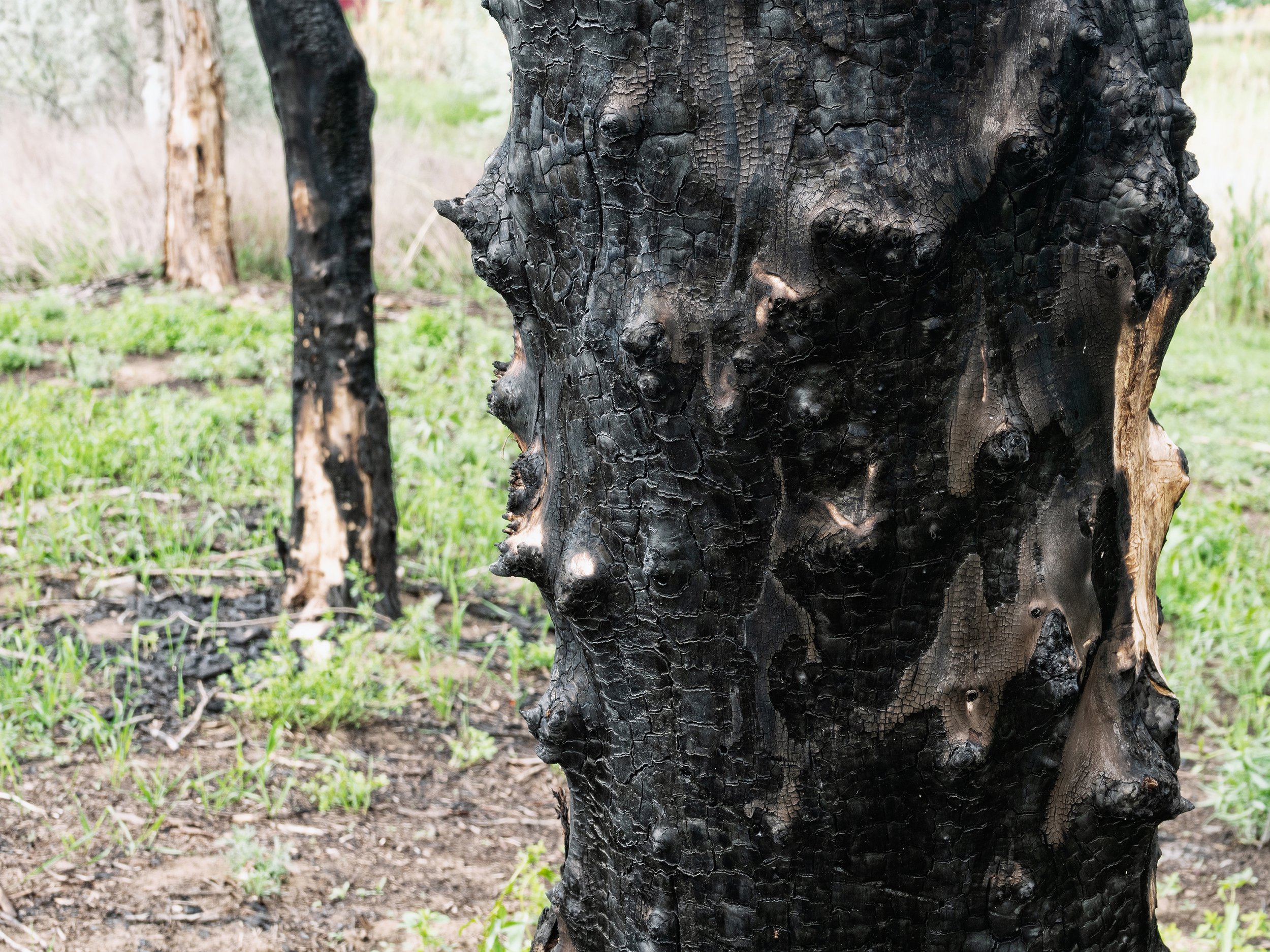
Rewilding, Disturbance and Biodiversity Part 1: Understanding the role of disturbance in rewilding
In this Green Shoots 2-part webinar series, 5 early career researchers from CREAF will present their work on the role of disturbance in rewilding, and the impact of rewilding on biodiversity.
In part one, Miriam Selwyn Alvarez, Ella Plumanns Pouton and Rodrigo Balaguer Romano will discuss how we can learn from past actions, explicitly test new actions, and propose steps for the future to better understand the role of disturbance in rewilding.
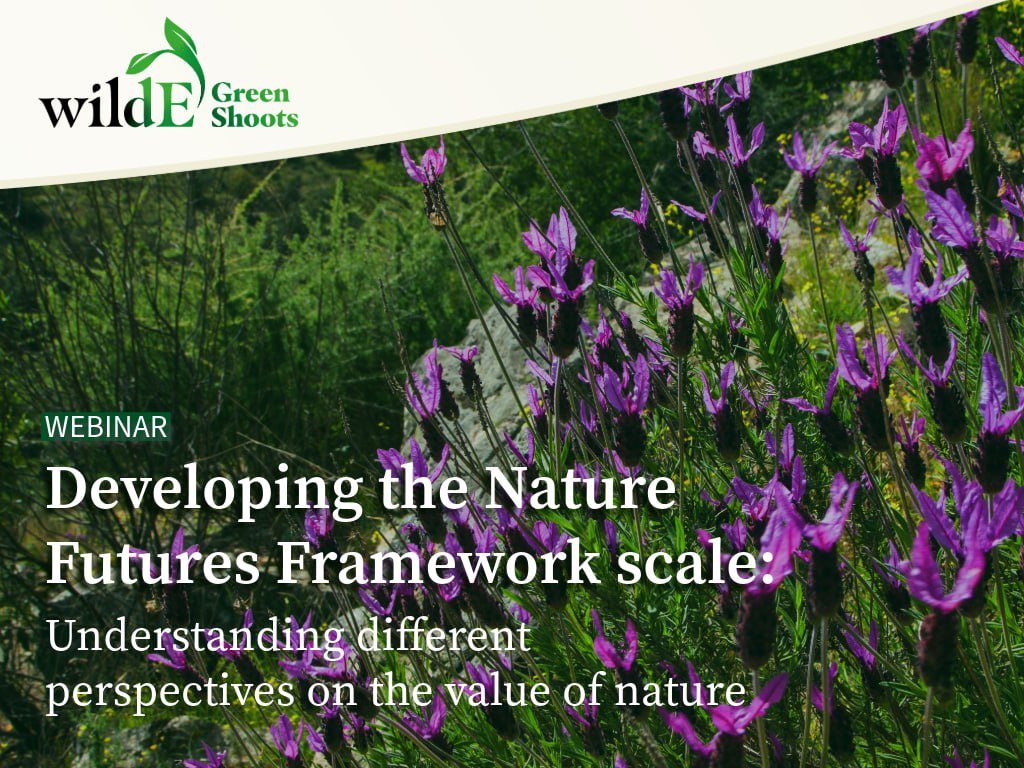
Green Shoots webinar: Developing the Nature Futures Framework scale: Understanding different perspectives on the value of nature
We don’t all relate to or value nature in the same way. Opinions can differ on why nature is important or valuable to us. In this Green Shoots webinar, Angus Monro Smith from Wageningen University presents work on developing a psychometric scale which is intended to help operationalise the Nature Futures Framework in quantitative survey research.
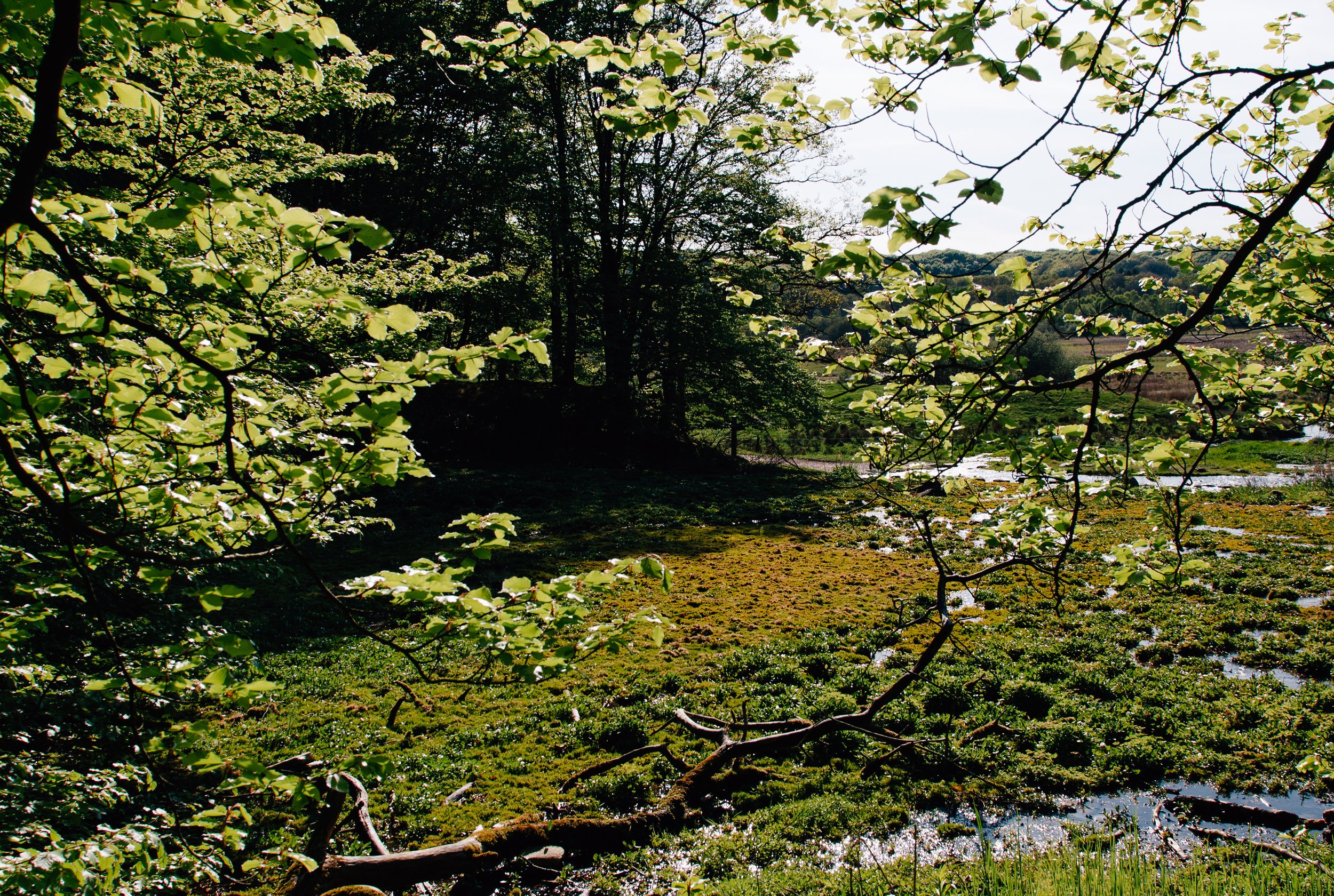
Green Shoots webinar: How does rewilding affect the recreational value of natural areas?
Using their own work from Denmark and presenting insights from the field of environmental valuation in general, Tim De Kruiff and Jette Bredahl Jacobsen explore the economics of rewilding by looking at the potential impacts of rewilding and nature management on the recreational and broader societal value of natural areas.
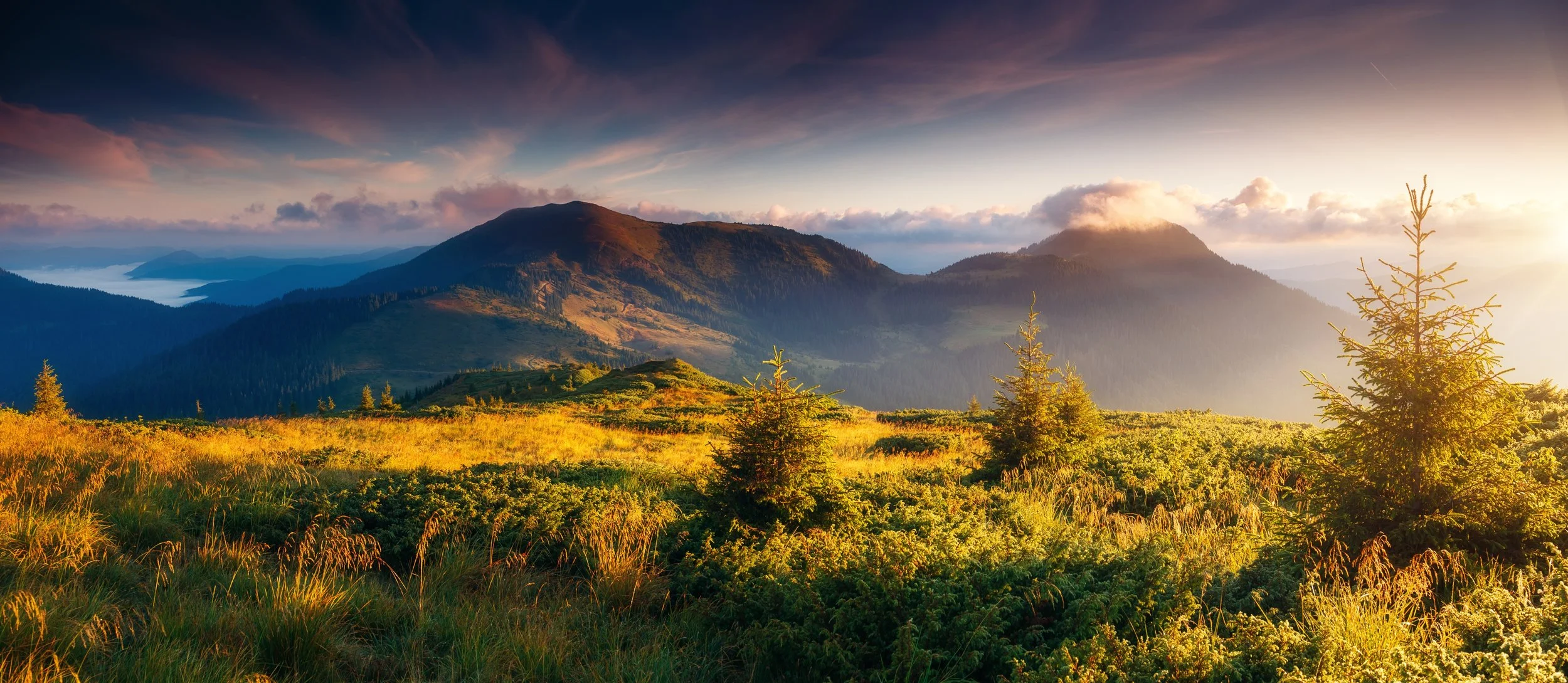
Green Shoots: Between chainsaws and conservation: Safeguarding the pristine wilderness of the Carpathian Mountains
Martin Mikoláš and Rhiannon Gloor discuss safeguarding the pristine wilderness of the Carpathian Mountains in the context of new research on the ineffectiveness of protected area management in Europe as an example of the importance of conservation strategies to halt the rapid disappearance of the last of temperate Europe’s primary forests and their unique biodiversity.
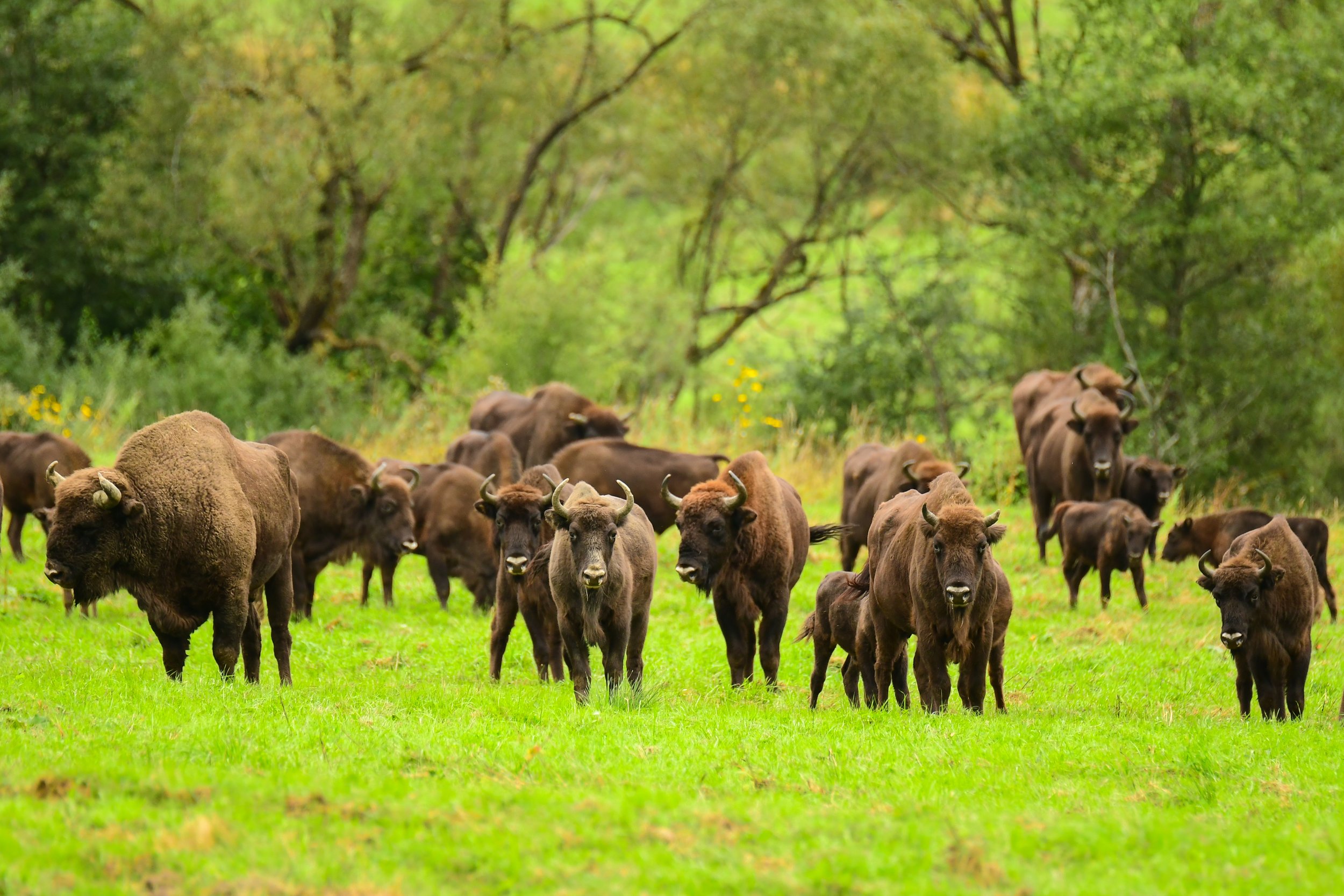
Green Shoots: how large wildlife can contribute to climate change mitigation and adaptation
Nacho Villar and Liesbeth Bakar discuss how large wildlife can help us to fight against climate change in different regions of the world, from tropical forests to tundra ecosystems, discussing the current state-of-the-art about some ecological processes through which large wildlife can contribute towards climate change mitigation and adaptation.
